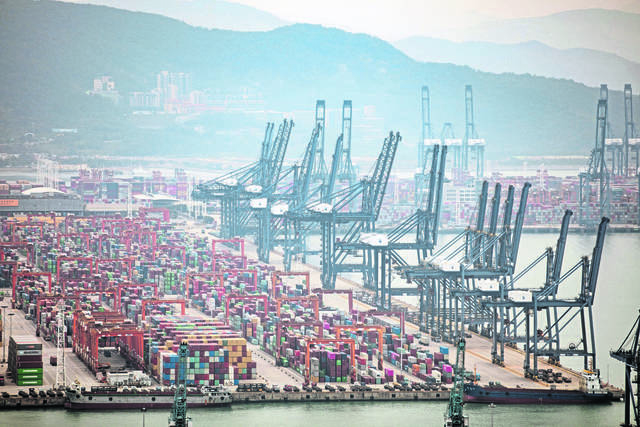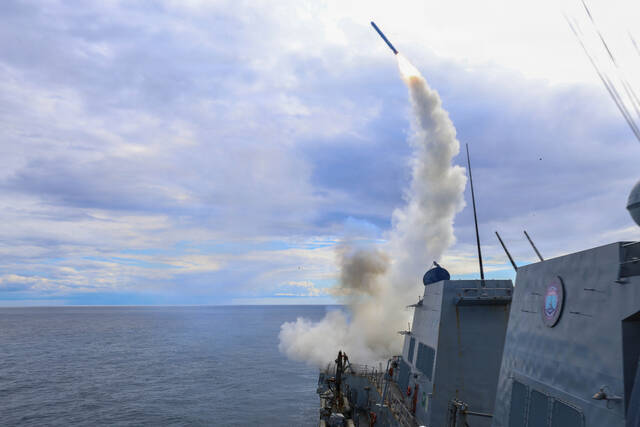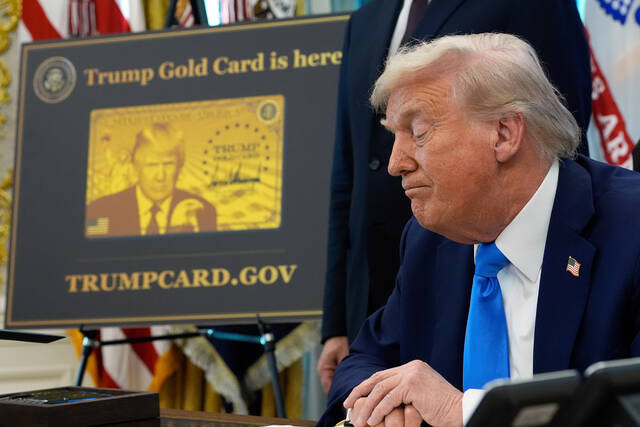Pleas for tariffs and other trade restrictions are made overwhelmingly for economic reasons. The claim is that such restrictions will create jobs, raise wages and otherwise improve our economy. But it is quite common for those who seek protection from foreign competition also to insist that the requested trade restrictions are vital for national defense.
“Our industry produces outputs that have great military significance,” declare business executives seeking protection. “And so if there is free trade in the goods that we produce, our military will soon find itself unable to provide adequate national defense.”
If such claims are true, the case for protectionism is strong. But how credible are such claims? How likely is it that protectionism, in reality, is an essential tool for ensuring our national defense?
I don’t deny the possibility that, in some cases, free trade might put national defense in jeopardy. But sober analysis reveals that using this possibility to justify protectionism is more likely to weaken, rather than to strengthen, U.S. national defense.
First, resources tied up in protected industries are not available for use in new industries. How can anyone be sure that the older, protected industries are more vital for national defense than would be the newer industries that, because of protectionism, never arise? Would U.S. national defense today be stronger had Uncle Sam protected telegraphy, wired telephony and typewriter manufacturers from competition? After all, the U.S. military once relied heavily on these (and other) now-defunct or dying technologies.
Second, protecting an industry is likely to make it less innovative and efficient. Shielded from competition, that industry’s incentives to improve the quality of its outputs and to produce those outputs as efficiently as possible shrivel. If that industry truly is vital to national defense, such self-inflicted debilitation is dangerous.
Third, each time protection is granted on national- security grounds, the executives of all firms get heightened incentives to dash off to D.C. to portray themselves as vital to national security. Economic growth is reduced as business executives spend less time competing to build better mousetraps and more time pleading for government favors.
Fourth, when trade makes us more dependent on foreigners for goods and services used in our national defense, it very likely makes foreigners more dependent on us for goods and services used in their national defense. And because America is among the world’s most technologically advanced economies, it’s probable that foreigners’ dependence on our exports more than offsets whatever national- security risks are created by our dependence on their exports.
Fifth, globalization itself reduces the prospects of war. To the extent that we Americans depend for our prosperity on trade with the Chinese, the Chinese depend for their prosperity on trade with us. This mutual dependence diminishes both our and the Chinese people’s incentives to blast each other to smithereens, for to unleash such blasting would be to wreck a source of economic gain. Protectionism — even when done on legitimate national-security grounds — reduces the size and extent of the economic ties that connect us with foreigners, and, thus increases the prospects of war.
Sadly, almost none of the attempts to use national security as a justification for protectionism evince the slightest awareness of the above facts.








